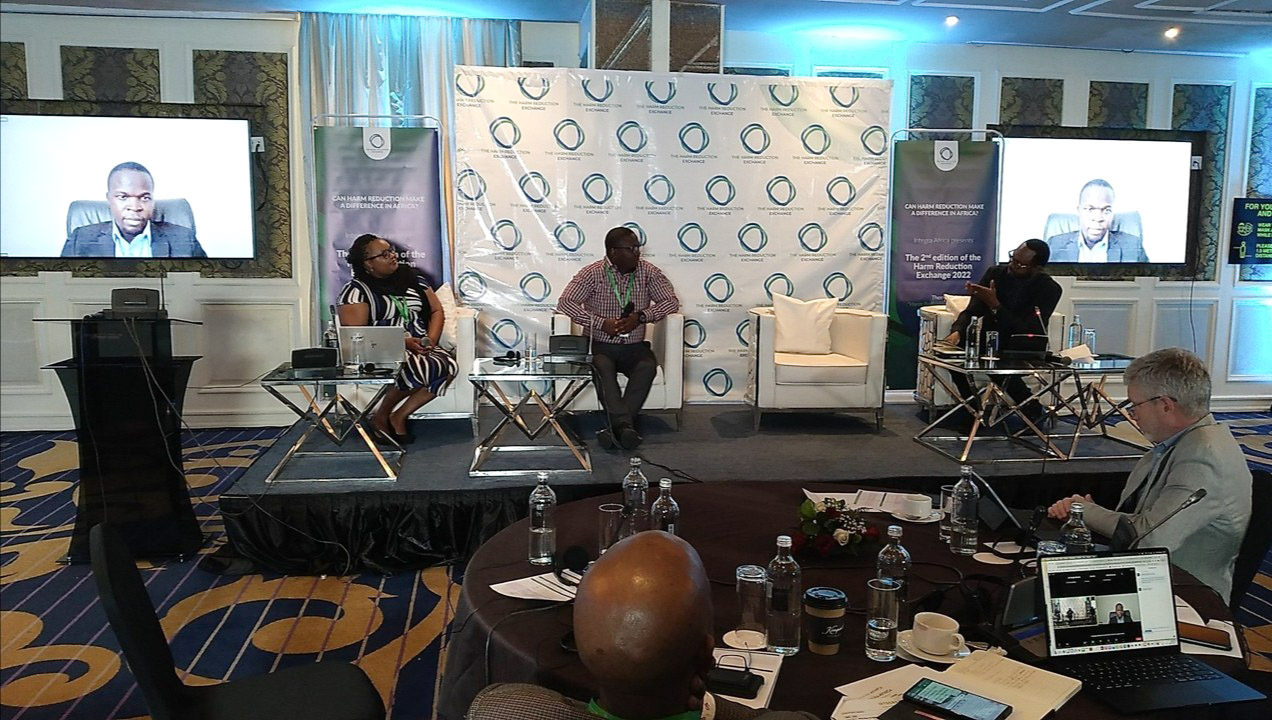Tobacco Harm Reduction (THR) experts have called for more effort in sensitising Africans to the benefits of the harm reduction concept.
THR is a public health strategy introduced to lower the health risks such as lung cancer and cardiovascular disease caused by combustible cigarette smoking to individuals and the wider society associated with using tobacco products.
In his virtual presentation at the 2022 THR Exchange for Reporters Network on Tobacco and Nicotine Industry (RENOTONI) and harm reduction experts, Malawian THR advocate Chimwemwe Ngoma said insufficient information on the topic originating from the continent is making it hard for Africans to embrace the idea.
“There has not been any research on THR in Africa, perpetuating the spread of misinformation on the issue. This has made Africans misunderstand the THR concept,” he stated during the hybrid meeting.
Ngoma observed that Africa is already using notable harm reduction concepts which are working in some areas, such as the use of condoms for preventing HIV, circumcision to reduce the acquisition of HIV, masks to prevent Covid 19, Hand washing to prevent waterborne diseases, and seat belts to minimise injuries during accidents.
President of the Africa Medical Association, Dr Kgosi Letlape, said there is a need to get all those involved together if THR has to have an impact.
“If you want to reduce the harm, get all parties involved. Harm producers and those that suffer harm as it is done with all other issues; involve tobacco producers as well,” he said.
In his presentation, an oncologist and expert at the Cancer Institute of Senegal, Prof. Abdul Kassé, said he believes that the future of tobacco control is in Africa. However, he emphasised that THR technologies should be available to everyone regardless of social status.
“It’s important that we move forward. The industry has to talk to its stakeholders, sit around the table, and see how to regulate all these things and implement all the new strategies into strategies they can use. In my view, the future of tobacco control is there,” he said.
Prof. Kassé added: “People do not know exactly what it is and what it can bring into the tobacco control process. That’s why discussions of THR are important to try and exchange experiences. It is imperative to learn how it is done in developed countries and bring the technology to low and medium populations.”
A Kenyan Public Health Expert, Dr Vivian Manyeki, concurred with Prof. Kassé on bringing tobacco harm reduction conversations to the populace.
“Something is being done about it, but more has to be done. Policies bring all stakeholders into the conversation about what harm reduction is. What needs to be done is to get people to where they need to be,” said Dr Manyeki.
The World Health Organisation (WHO) says tobacco-related illnesses are one of the biggest public health threats the world has ever faced, killing more than 8 million people a year, including around 1.2 million deaths from exposure to second-hand smoke. According to WHO, Malawi has nearly a million active daily tobacco users, and approximately 5,700 people die from tobacco-related infections annually.
This year’s harm reduction exchange was themed: “Harm Reduction: Making a Difference in Africa.”
The main focus of the exchange was on comparative Harm Reduction strategies that have worked well and their impact on different markets.
This story first appeared on MBC Online Services.

